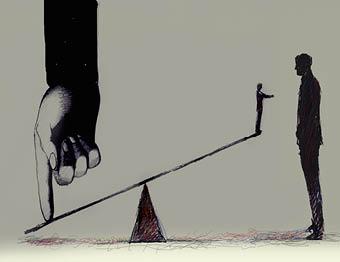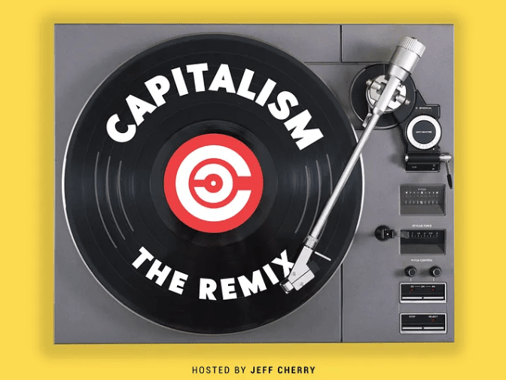
Did you you catch the recent news about Leo Messi? No,I'm not talking about the season finale of Ted Lasso (although it's a great show!). I'm referring to Messi's groundbreaking deal that could potentially revolutionize the concept of equity in the workplace.
Here's the deal: Messi turned down a staggering $1.6 billion offer to play for Saudi Arabia. Instead, he signed with Inter Miami in the American Soccer League. But what's truly remarkable is the creative approach Miami took to bring him on board.
(Hint: it’s the divergent not convergent thinking.)
They couldn't compete head to head with upfront cash so Miami partnered with Apple, Adidas, and MLS to offer Messi something truly unprecedented. Apple gave him a share of the stream revenue for MLS, a move never seen before in sports. Adidas also offered him a profit share on all merchandise sales in the MLS. And as a bonus, he even received a call option on a future expansion team.
This deal created an uncapped upside for Messi, similar to the groundbreaking deal Doloris Jordan made with Nike for her son, Michael Jordan. You might remember the movie "Air" that tells their story. We call this a "class 5 experience" – a win, win, win, win, win situation.
Messi wins. Miami and MLS get the greatest player of all time. Apple and Adidas win without front-loading excessive capital. And every professional athlete who creates immense value beyond their capture wins.
Now, you might be wondering, what does this have to do with the workplace?
One of the biggest shifts in the workplace happened back in 1914 when Henry Ford (not my favorite leader by a long shot, but there was a little baby in that bathwater) made a bold move. Frustrated by high employee turnover, Ford realized the repetitive work and low pay were not worth it for his employees. So, he took a bold step and doubled the pay to $5 a day. This simple act allowed his employees to afford the very product they were building – a car. And it also motivated employees in their day-to-day frontline production work, ultimately increasing his profits.
It was a novel concept: what's good for the company should also be good for the individual. By widening the aperture and considering the labor-capital tension, Ford found a way to increase productivity and output. Another win-win moment.
You see, in every transaction or relationship, there's an inherent power imbalance. The one with the money assumes more power than the one receiving the payment. This "authority bias" permeates our workplaces, stifling authenticity, creativity, and connection.

Financial inequity is just one aspect of the problem.
We must find a different way of collaborating and creating together, where equity and upsides take on multiple forms.
That's where the concept of Skin in the Game comes in, as discussed by Nassim Nicholas Taleb in his book of the same name.It's about personal responsibility, accountability, and bearing the consequences of our choices.
By promoting transparency, managing risk, embracing diversity, and aligning incentives, we can foster a culture of ownership and empowerment within our teams.Imagine if every member of your team had a stake in the outcome, an opportunity to contribute and express their innate genius.
When everyone's interests align with the organization's success, that's when the true potential and performance are unlocked.
(I gavea talk on this topic at BMORE Bold Summit this week and my partner Jeff Cherry wrote all about it.)
So be like Messi and Mike, find a better win-win, and let's unlock the true potential of your team! We have run this play for hundreds of our clients.
If you are an executive or entrepreneur and want to learn more about how to get your team to own it, we can help.
I am opening up office hours for the summer.
Grab a time directly on my calendar here.








